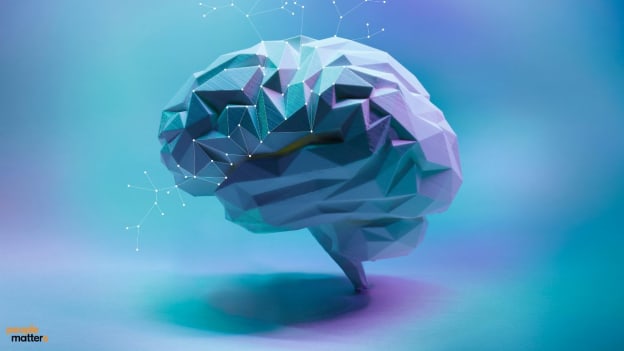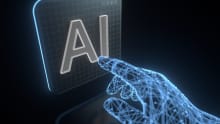AI in the workplace goes beyond productivity

Much has been said about the potential benefits of artificial intelligence on businesses, but there is not enough information about the technology’s impact on the workers themselves.
Discussions around generative AI, for example, tend to focus on how the nascent tech can help improve workplace productivity. What is often left out is how AI tools can have profound effects on the people using them, and not all are positive.
Here is an overview of three aspects of work that prove the ripple effects of AI adoption extend beyond productivity and efficiency – they affect work as a creative endeavour:
AI and the future of employment
Whether pundits admit it at this point, the wider adoption of AI in 2024 has directly and indirectly led to job displacements, particularly in the mad rush to lay off workers and cut costs in the past 12 months.
As automation replaces certain tasks traditionally performed by humans, this idea of displacement creates anxiety and uncertainty among workers regarding their job security and future employment opportunities.
The World Economic Forum estimates that as many as 85 million workers could lose their jobs by 2050 due to the rapid adoption of AI among large and midsize businesses. AI and automation have caused a noticeable decrease in the demand for certain roles, such as in data entry, accounting, and administrative support.
The same WEF report revealed just how popular AI adoption has become among companies, as more than 80% of those interviewed by WEF said they are accelerating the digitalisation of work processes and the deployment of new tech.
Meanwhile, half of employers said they expect to accelerate the automation of certain roles within their organisations.
These results depict the changing employment landscape – even to a point where humans could soon find themselves without jobs or competing intensely with AI rivals for their livelihood.

AI and the future of skills
The integration of AI at work is also prompting workers to reassess their skills and develop new and existing competencies quickly. This can lead to stress for those who are already struggling to adapt to a new tech-driven reality or who might feel overwhelmed by the need to continuously upskill.
While learning agility is a trait celebrated in modern business, the flipside of agility – learning fatigue – is a real struggle in the age of digitalisation.
The WEF predicts 97 million new roles will emerge as AI and automation become more commonplace. Most of these jobs can be found in the care economy and in content creation fields. There is also an expected surge in demand for workers in green economies, as well as those in the data and AI economy. As these new opportunities open up, three vital questions remain:
- Do the competencies of the world’s current talent pool match the skilling demands of these growing sectors?
- In the case of a looming skills gap, how fast and how well are organisations and individuals upskilling to meet these demands?
- And, ultimately, are these skilling programmes inclusive of individuals struggling to adapt to change?
AI and the value of human creativity
It’s one thing for AI to take over repetitive and mundane tasks. This point has been made for years. It’s another for AI, particularly gen AI, to take over high-value tasks such as content ideation, critical thinking and decision making, to the point of displacing human workers. These creative endeavours are now also under threat of AI automation.
The real value of human work in the age of AI will be in our ability to act as oversight and align AI use with ethical standards that protect the good of humanity.
Augmenting work with AI allows workers to focus on the more meaningful and creative aspects of their jobs – but only to the extent that humans themselves understand their role as “value creators”. In other words, after we’ve delegated mundane tasks to our robot counterparts, will the remainder of the work left to humans still be worth investing in?
Human creativity will become more valuable in a sea of AI-generated work. However, such creativity at work flourishes only if the right resources are directed to their development. Are we betting on the flourishing of human talent just as much as we are investing in AI development?















